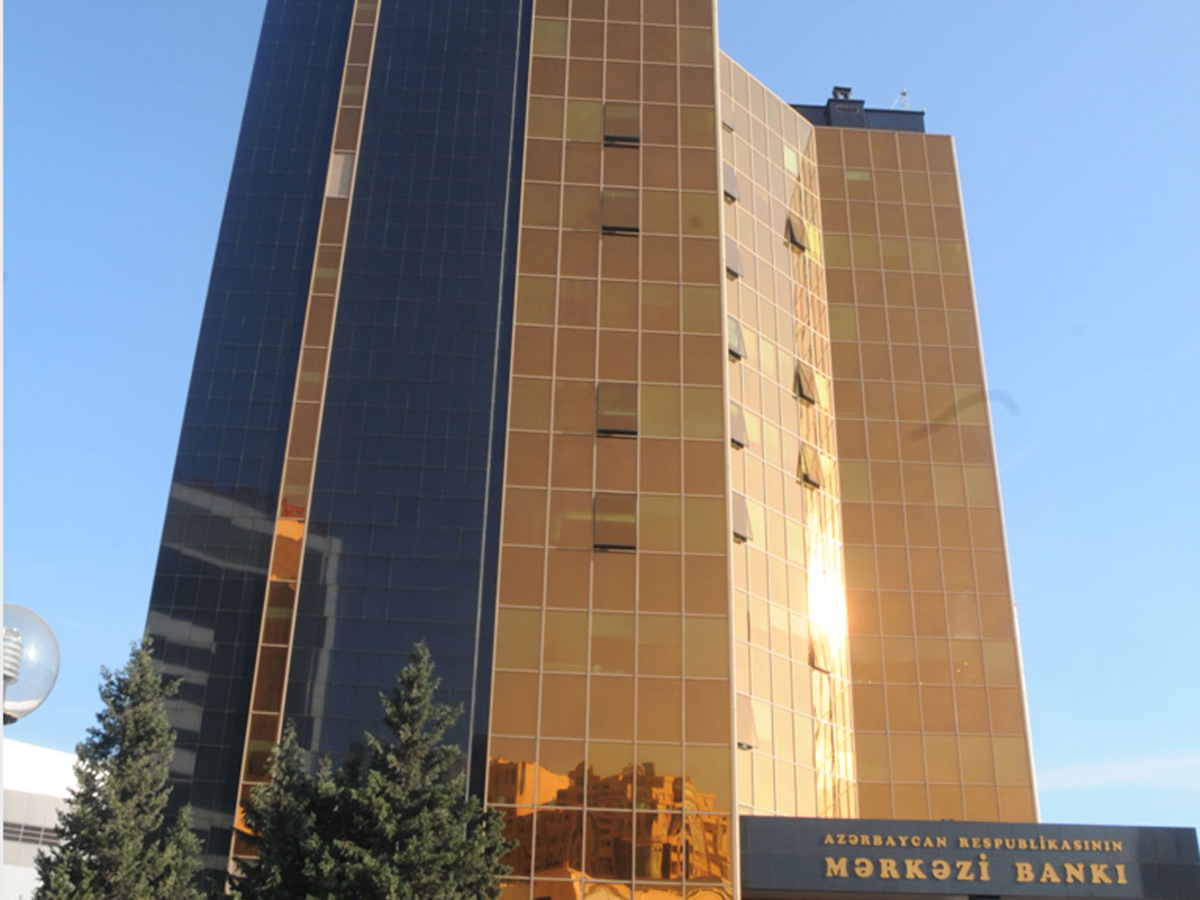European Commission gives ‘green light’ for Portugal to spend more on defense without affecting the deficit

The European Commission today authorized Portugal to invest more in defense without the risk of facing excessive deficit procedures, approving the activation of the national escape clause under the European Union’s budgetary rules.
“During the period from 2025 to 2028, Portugal is authorized to diverge and exceed the maximum rates of growth of net expenditure […], to the extent that the net expenditure exceeding these maximum growth rates does not exceed the increase in defense spending as a percentage of GDP since 2021 and provided that the excess deviation from the maximum growth rates of net expenditure does not exceed 1.5% of GDP,” indicates the community executive in a recommendation to the Council, released today.
This information is published on the day the European Commission unveils the spring package of the European Semester, the EU’s annual framework for coordinating economic, budgetary, social, and employment policy.
It comes after, at the end of April, Portugal formally requested the European Commission to activate the clause that allows part of the investment in defense to be exempt from compliance with budgetary rules, as part of the community strategy to strengthen the EU’s military capabilities.
In the report on Portugal, now released, the institution recommends that the country “reinforce overall defense spending and military readiness,” while “respecting the maximum limits of growth of net expenditure” and “making use of the margin provided in the national escape clause for an increase in defense spending.”
Another recommendation concerns the adoption of “measures to ensure the budgetary sustainability of the pension system in the medium term.”
The European Commission has already warned that it will monitor the country’s deviation for the necessary investment in defense, calling for budgetary balance.
In general terms in the EU, it is estimated that an increase in defense spending levels by up to 1.5% will boost GDP by about 0.5% by 2028.
Regarding Portugal, Brussels forecasts that defense spending will remain at 0.8% of GDP, similar to previous years, both in 2024 and 2025.
“The period during which the national escape clause is activated – 2025-2028 – allows Portugal to reorient public spending or increase state revenue, so that a lasting increase in defense spending does not compromise medium-term budgetary sustainability,” adds the community executive.
The European Commission wants to move forward with a plan of 800 billion euros to strengthen the defense of the European Union, which provides for the possibility of EU member states activating the national safeguard clause to spend without the risk of facing excessive deficit procedures.
To this end, an increase in public spending on defense is allowed with a maximum increase of 1.5% of GDP per year, which will result in 650 billion euros over four years.
In practice, with the activation of this national safeguard clause, member states can voluntarily invest more in defense without these expenses counting towards the budget balance, thus avoiding excessive deficit procedures.
Among the other recommendations made today by the European Commission are the reduction of administrative burden, increasing the efficiency of courts and the effectiveness of the tax system, reducing the use of fossil fuels and investing in renewables, equitable access to healthcare, and access to affordable housing.
What's Your Reaction?
 Like
0
Like
0
 Dislike
0
Dislike
0
 Love
0
Love
0
 Funny
0
Funny
0
 Angry
0
Angry
0
 Sad
0
Sad
0
 Wow
0
Wow
0






















































.png?Expires=1838763821&Key-Pair-Id=K2ZIVPTIP2VGHC&Signature=IO0~CT3pU-TcxGc~yoZSmoQx23MZVuK-~4jSii~NKEblRmyO3el7NXPu~Rh1o23voASg7hlcHLw4kvQuDK1jssEhcjoNBBvEpZ~GGOAU6yosBhpHpeF179F~h7i6VxmsBNh9gtTutkoqY73O2YCFey~IAqSzKbBqETP1kP9cAg1916Z1YkJJs-5MliMrkZ5d7-mWGLbpHp2wGj2VlMph8XzYlL4~y1O7fB~JdIS~Rs4RMRs2x0WT1qUIpHAsf3GdwtOyAmKFSpIg8xCyNGZZ5h~13nXlmpd7uPvW8tBfttpG9pFTqcway-uch5WyfHOEfi7UlJCOWrr6fCYY5PMgSg__)







